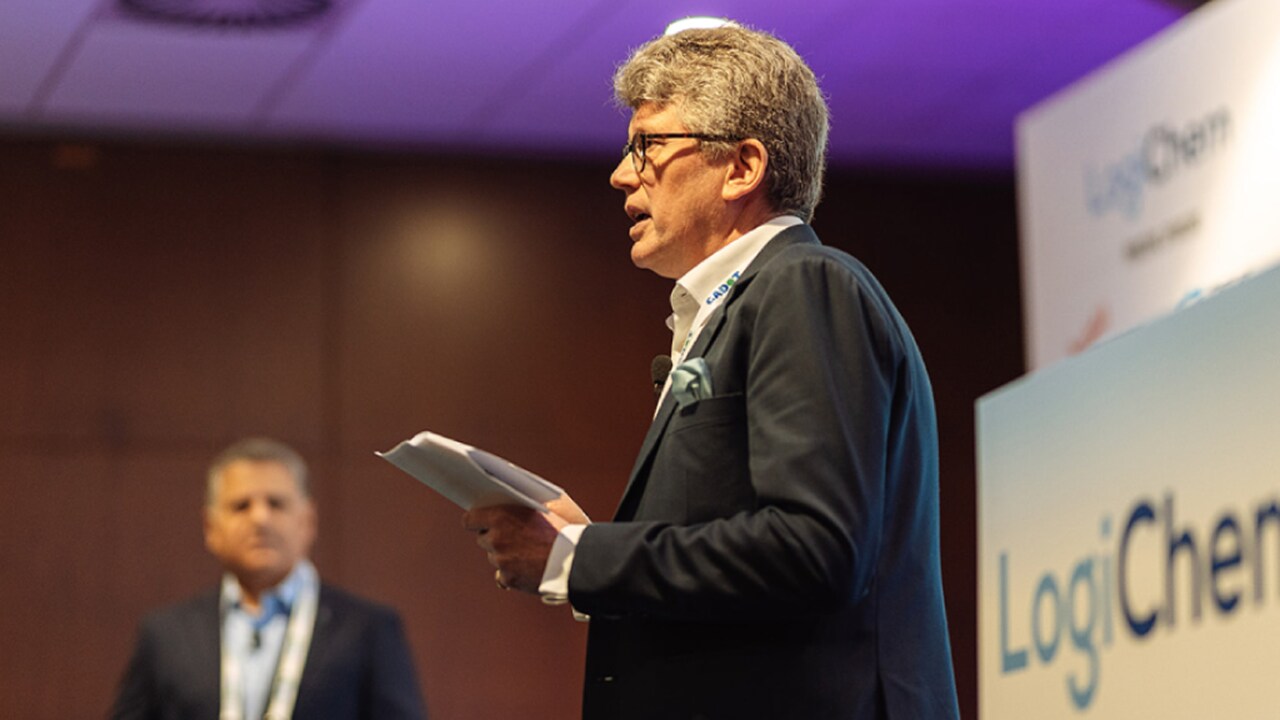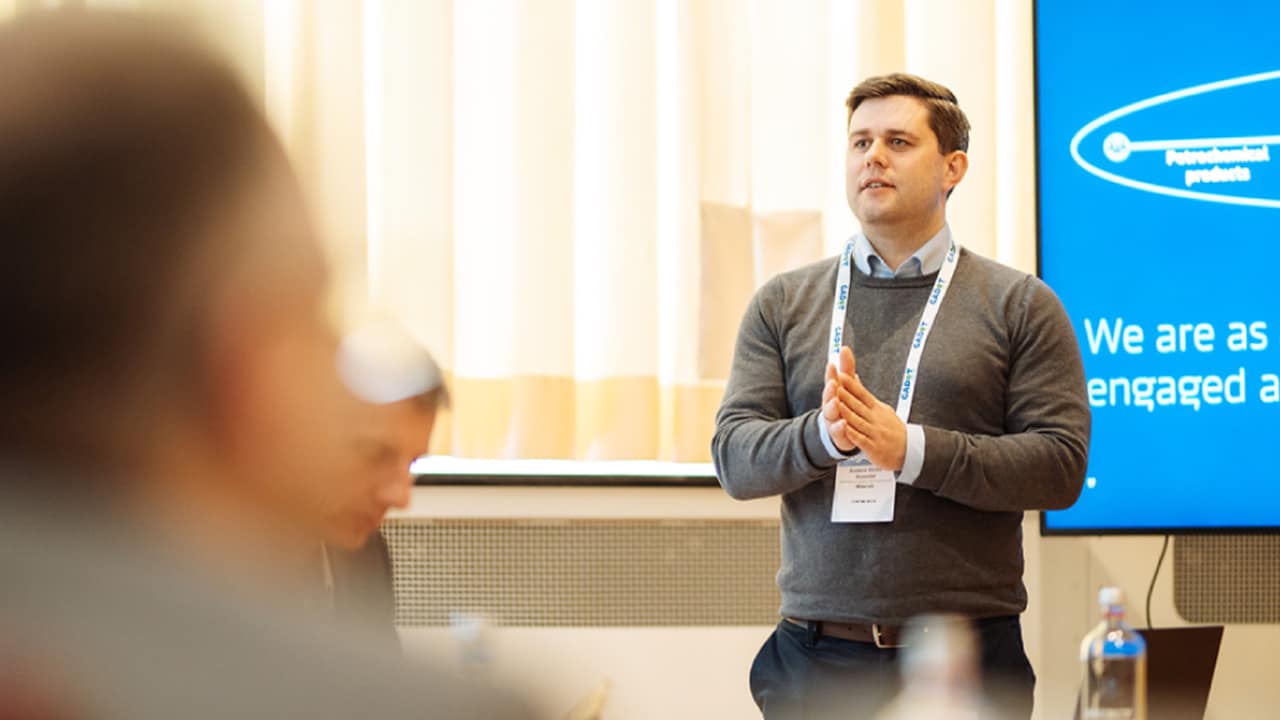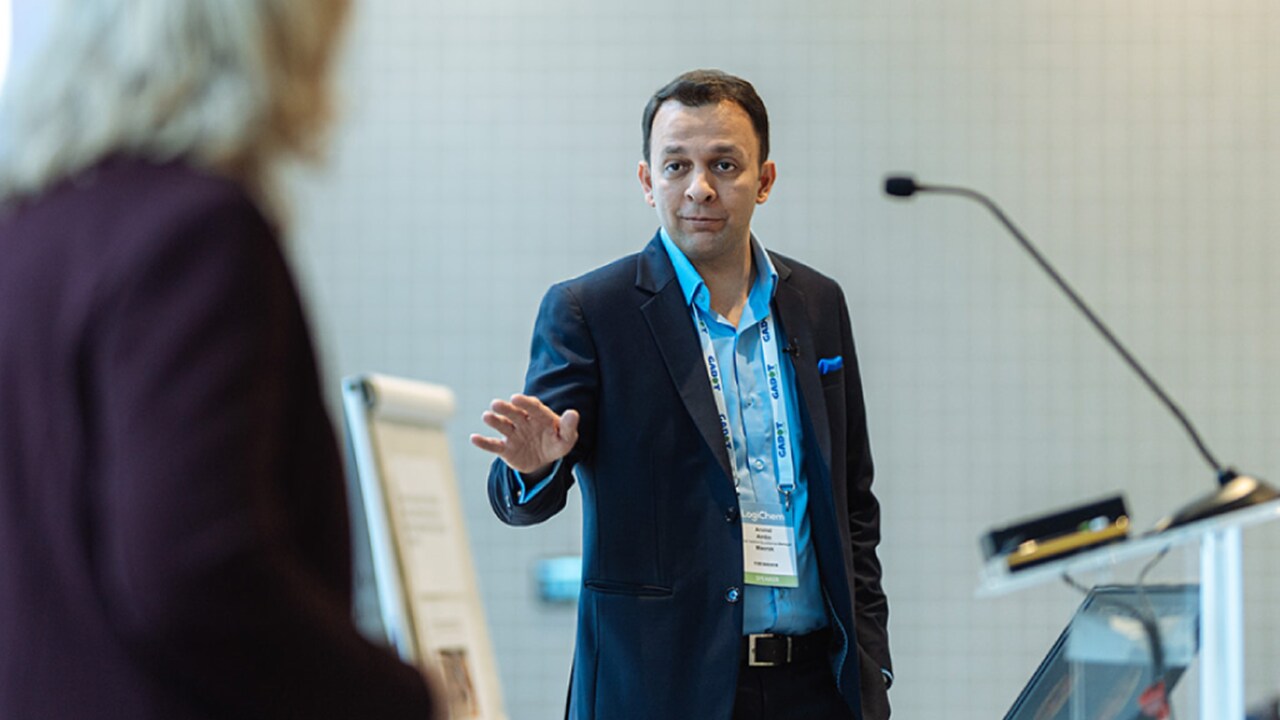With the world moving as one towards reducing greenhouse gas (GHG) emissions, it is no surprise that innovation, collaboration and decarbonisation were the hottest topics of discussion at LogiChem 23. This year’s edition of the annual international exhibition and conference for the Chemical industry was held at the World Trade Center in Rotterdam from 14-16 March. The event served as a platform to collectively seek solutions to logistics disruptions, improve service reliability, explore ways to invest in alternative transportation solutions and increase transparency throughout the supply chain.
After multiple sessions, the 3-day event saw experts circle back repeatedly towards some specific points that could play a vital role both the immediate and long-term future of the chemical industry. Here are the three key takeaways that will determine the next course of action for the industry as a whole:
With the challenges ahead clear, the question now stands: how can a logistics partner help accelerate the necessary change? Direct applicability of tools like Maersk Emissions Dashboard can give a transparent baseline of existing Scope 3 emissions. Maersk’s approach with ECO Delivery, Sustainable Aviation Fuel (SAF) and a fleet of methanol-enabled ships will have a direct impact on our Scope 1 emissions and the customers’ Scope 3 emissions. Our partnership with Syngenta is a great example of how Maersk can play a 4PL + 3PL collaborative role within a Lead Logistics setup. Integrating solutions like Flex Hub, Ocean, Depot and Contract Logistics can help with the flexibility and agility needed to retain/capture market share during difficult times.
Maersk delivered three presentations on key issues like developing collaborative partnerships allowing investments in new solutions, designing winning supply chains and dangerous goods logistics. Here’s a brief recap of each of the presentations and their respective outcomes.
A keynote interview in partnership with Syngenta Crop Protection

Maersk has been supporting Syngenta Crop Protection’s commitment to reducing their GHG emissions footprint. Patrick Hore, Global Vertical Head of Chemicals at Maersk and Eladio Robles, Global Head of Supply Operations at Syngenta Crop Protection, discussed the role of trust in a strategic partnership and how it impacts the brand value of organisations.
These were the key outcomes from this session:
- Despite current and expected chaos in the industry, goals still need to be achieved
- Innovative partnerships are one way to achieve success
- Outcomes founded in trust are sustainable over time and even help capture market share.
A Supply Chain Design masterclass by Anders Victor Konnild PhD, Global Head of SCD, Maersk

The masterclass gave insights into designing a winning supply chain, the different strategies for collaboration and understanding the archetypes that deliver for your specific commodity groups. The key notes from this session were:
- Supply chain design should give you and your network a competitive edge
- Your product portfolio and end-customer market have specific supply chain requirements which can be grouped into archetypes
- Designing in archetypes will drive collaboration in your networks, and logistics service providers can help shippers achieve winning outcomes.
An Interactive Working Group on the topic ‘Dangerous goods Logistics’ led by Maersk and Henkel

Arvind Ambo, Global Vertical Excellence Manager, Maersk, and Sabine Schultes, Head of Dangerous Goods Transportation, Henkel, provided valuable insights into the handling of dangerous goods and how it affects property, cargo, employees, the environment and even the reputation of the companies which are involved. Here are some key takeaways from the session:
- Implementing safe practices is what will drive the industry forward.
- Regulatory scope will increase if partners do not focus on safety.
- Delivering high standards in the handling of Dangerous goods is what can give customers the ultimate peace of mind.
Through many more discussions and panels held during LogiChem 23, the next steps for the chemical industry were clearly defined. An increased demand to meet decarbonisation goals and the need for strategic collaborations came into sharp focus. With the challenges ahead, the right logistics partner will be key to driving faster progress across the industry.
(All photos by Richard Hadley)
Have more questions?
Get in touch with our team of chemical experts.

无论您需要什么,我们都可以随时为您提供帮助
I agree to receive logistics related news and marketing updates by email, phone, messaging services (e.g. WhatsApp) and other digital platforms, including but not limited to social media (e.g., LinkedIn) from A. P. Moller-Maersk and its affiliated companies (see latest company overview). I understand that I can opt out of such Maersk communications at any time by clicking the unsubscribe link. To see how we use your personal data, please read our Privacy Notification.
By completing this form, you confirm that you agree to the use of your personal data by Maersk as described in our Privacy Notification.


